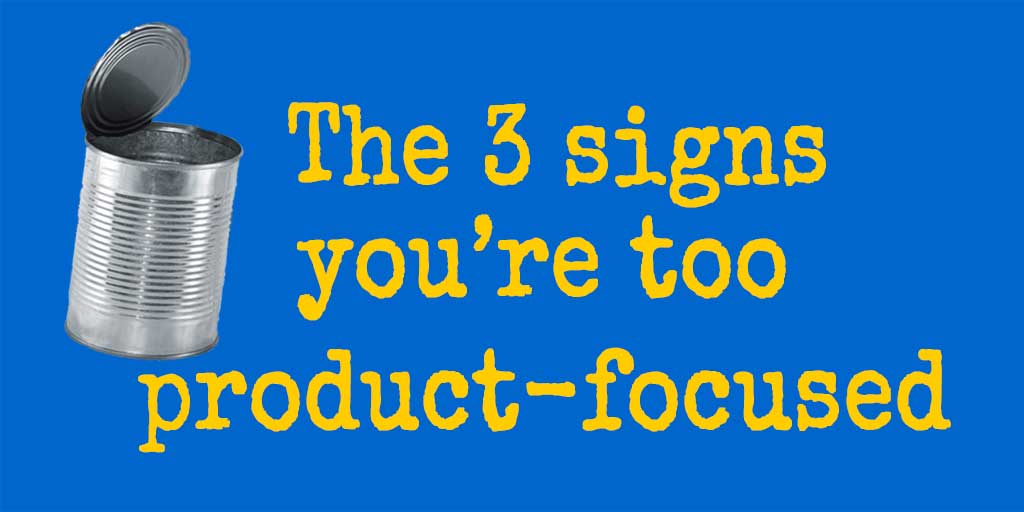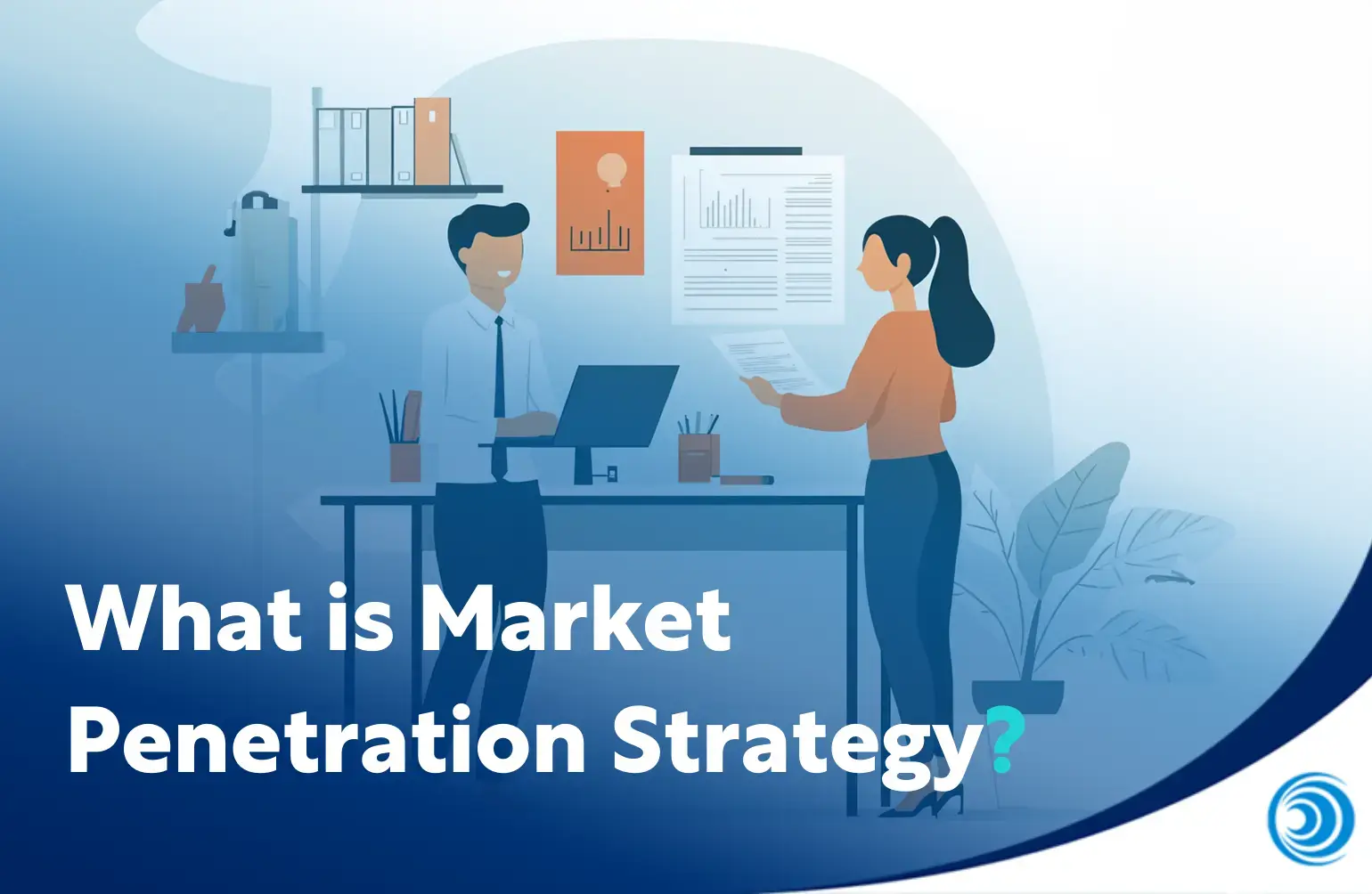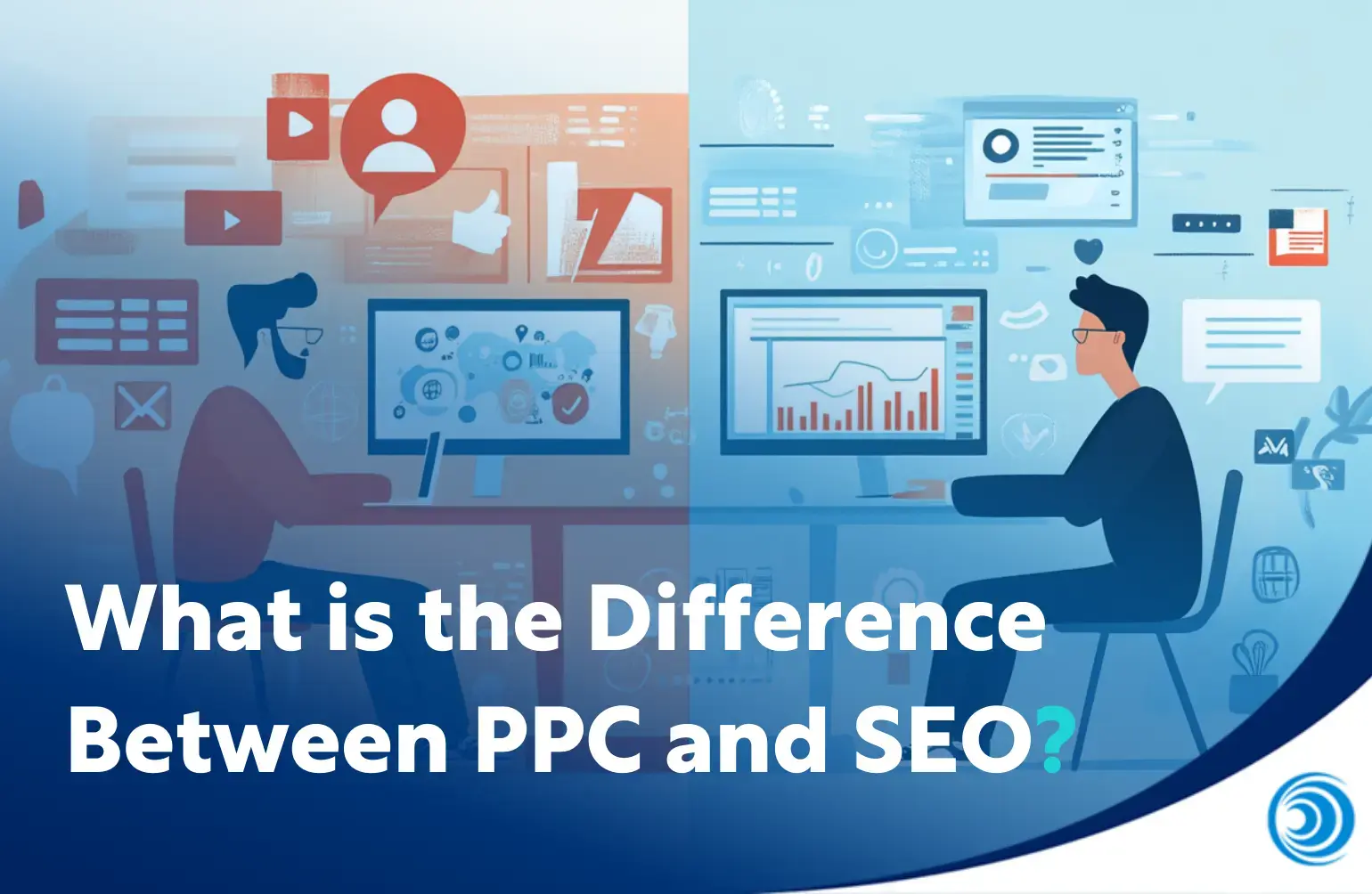
Three Warning Signs Your Marketing is Too Product-Focused
Less content can be worth more in B2B Marketing.
If you think your marketing is too product-focused, it probably is. Whether you are in payments, another branch of fintech or an entirely different industry, these three warning signs can help you tell.
1. Information overload on your web site
One of the greatest challenges for many companies is to know when to shut up. The temptation to thrust volumes of information in the faces of web site visitors is irresistible to many.
Over-sharing is a symptom of companies that are too product orientated.
Some people think that the more detail people know about their cool app or payment device, the more they will want it. They won’t.
Detail dilutes the clarity of marketing messages. Every superfluous word weakens your messages. You make it hard work to discover and remember the big reasons to buy from you.
Google’s Head of B2B Marketing, Raja Saggi, made the same point at the B2B Marketing Expo recently. Raja’s advice was to ‘keep taking stuff out of your web site until it doesn’t work anymore’.
Not sure if anyone has ever actually done that but you know what he means.
Be ruthless in the pursuit of simplicity, clarity and utility. Share just enough to move your prospects to the next stage of your buying funnel and no more.
2. A product manager can veto your marketing
A product manager is an important part of the business and they must be consulted to ensure your marketing accurately reflects what you are selling.
They should be able to compare and contrast the detailed functionality of your product versus the competition. They must own and drive the product development roadmap.
But it’s the job of Marketing to decide how to showcase that product on your web site or in marketing campaigns to most effectively engage prospects.
If a product manager has final sign-off on your marketing materials, there is a problem in your organisation.
If that situation has arisen in your business, it’s probably because the leadership values technical knowledge over user experience or market orientation.
3. You are a product, not a brand
If it’s all about the product, you are stifling your ability to build something that can be much bigger and more valuable – a brand.
Ask your customers what your product does and they’ll have an answer. Ask them what your brand means and you’re likely to get a blank look.
Products are often seen as commodity to be sought out at the lowest possible price, regardless of supplier.
Building a brand is something else. It means developing a relationship with your clients that fosters loyalty.
A brand enables you to grow your business and enterprise value far beyond the constraints of one product.



